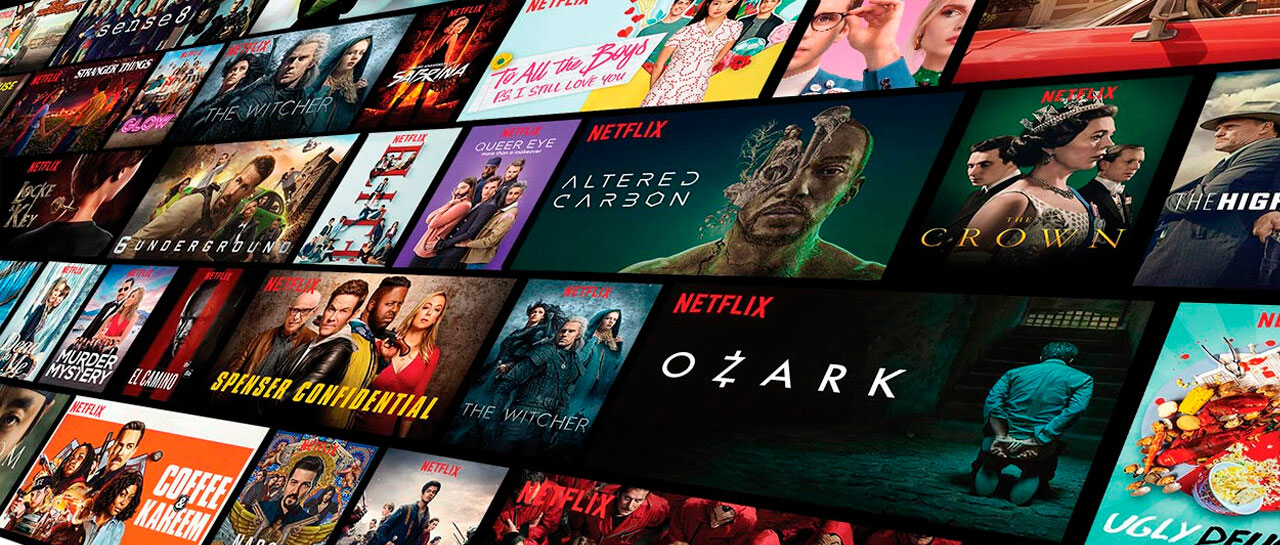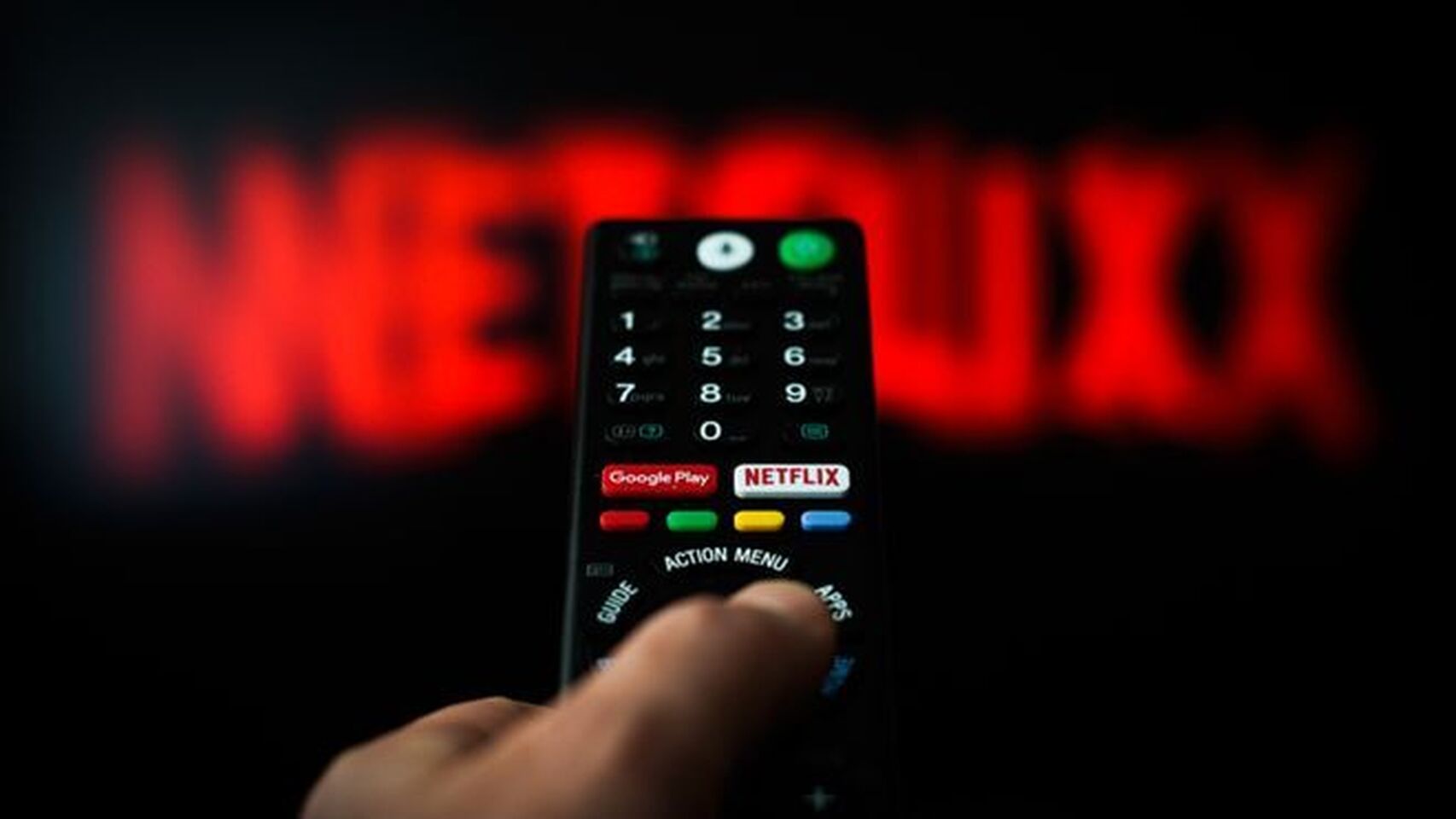Netflix's decline, both on subscriptions and on the stock market: Why?
- Netflix announced this week that it has lost many subscribers early this year. It is the first time in ten years that the audiovisual giant offers such news and the news has also influenced the company's stock market price.

200,000 fewer subscribers in the first three months of 2022. The problems that were beginning to emerge in the last year due to the slowdown in the growth of subscribers have now become apparent. Have the golden years ended that the measures to deal with the COVID-19 pandemic brought to Netflix?
At one point, in April 2020, the best-known streaming platform reached the stock market value of oil tankers, but since the beginning of the year the balloon is losing air. Netflix in November last year cost about EUR 283 billion on the stock market and now about EUR 91.8 billion, according to Bloomberg’s specialist economic journalist Lucas Shaw.
This loss of customers has also had consequences this week on the value of the company’s shares: They have suffered a 35% loss, which has caused a domino effect over other streaming platforms: The price of Disney, Warner and Paramount shares fell between 5% and 8% this week in Japan.
But other competitors don't do so badly. The HBO Max platform, for example, has announced that it has won over three million subscribers and that this news has further darkened Netflix’s black week.
The question in the air is: What's led to the decline? For Andrew Lawrence of The Guardian, the problem has become the platform offering: he's seen himself through the Netflix catalog, as if he were the cable TV viewer of the '90s, "headless, non-target, with something, trying to see everything."
The company has mentioned other reasons, from the war in Ukraine to the tendency of users to share their network access keys. And although some of them may be affected – thousands of subscriptions have been suspended in Russia since 24 February – the relaxation of anti-pandemic measures and, therefore, the increase in the possibilities of outside leisure can also have an impact.
Furthermore, there is increasing competition between audiovisual streaming platforms. In the last two years companies in this sector have experienced significant growth due to the new habits we have in front of screens. However, the capture of this new clientele is subject to constant gigantic investments, both in the technological field and in the coverage of the catalog in the face of the demand that has grown exponentially, in order to offer a good service to so many users.
The April Netflix hunt has led more than one to remember the blow Meta suffered on the stock market in February of this year – before Facebook – for similar causes – loss of users. The war, inflation and insecurity that the economy in general is imposing may have led those who have the ability to enter money into big companies to invest in other types of business.
Martxotik Frantziako Netflix plataforman euskarazko audio eta azpitituluetako filmak ikusgai dira.
Euskaraz azpititulatutako edo bikoiztutako 70 ikusentzunezko eskainiko ditu 2022 urte bukaerarako plataforma estatubatuarrak. Eusko Jaurlaritzako Kultura eta Hizkuntz Politika sailak hainbat bilera egin ditu Netflixekin, baina plataformaren hitzetan, berak finantzatuko du ekimen... [+]
Gertatuko zitzaizuen: leku guztietan sekulakoa balitz bezala iragarri duten pelikula edo telesaila ikusi ondoren, frustrazio pixka batekin, “ez zen hainbesterako” esaten bukatu duzue. Eta azkenaldian inoiz baino gehiagotan gertatzen zaizue. Lasai, ez zaudete seko... [+]
Netflix, Amazon, Disney Plus eta Apple TV Plusek akordio luze bat sinatu zuten ostegunean Frantziako ikus-entzunezko agintaritzarekin (CSA), euren urteko diru-sarreren %20 Frantziako edukietan inbertitzeko. CSAk espero du inbertsioa 250 milioi € eta 300 milioi... [+]






















